IFPRI’s commitment to nurturing inclusive partnerships is central to our production of interdisciplinary research and evidence-based policy solutions. IFPRI partners with a wide range of stakeholders around the world and all along the research and policy life cycle, including funders, researchers, development implementers, enablers, civil society, policymakers, the private sector, and more. Each partnership is characterized by the shared vision of a world free of hunger and malnutrition, knowledge sharing, mutual respect, and accountability. IFPRI is especially grateful for the support of its funders, including the contributors to the CGIAR Fund, without which our work and our partnerships would not be possible. We disclose our funders in our Annual Report.
Donor/Partner Brochures
To find more donor brochures, please visit this link
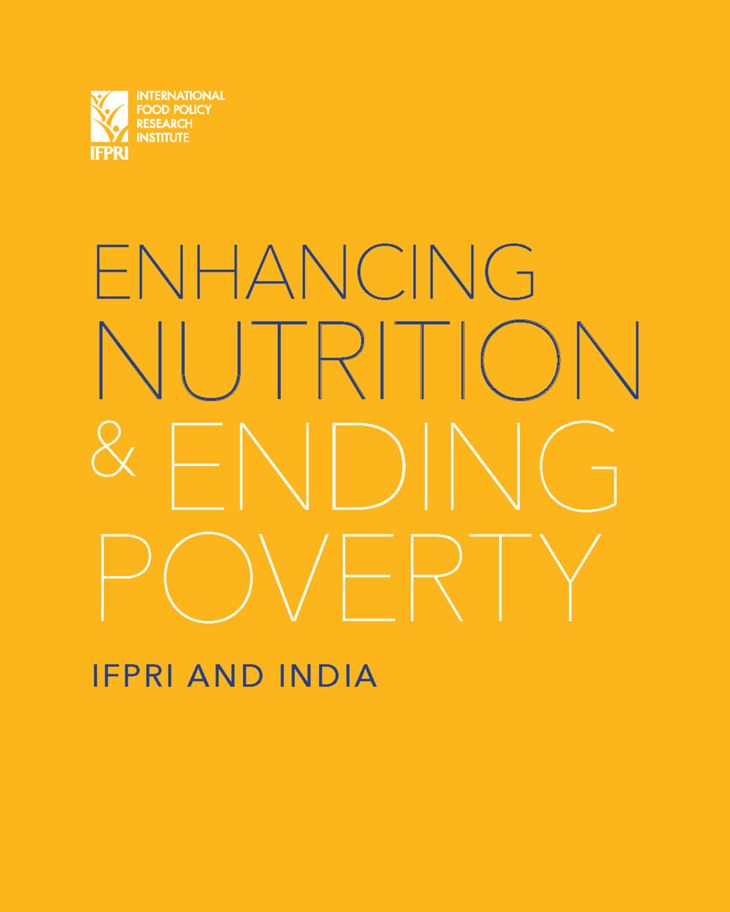
Enhancing nutrition and ending poverty: IFPRI and India
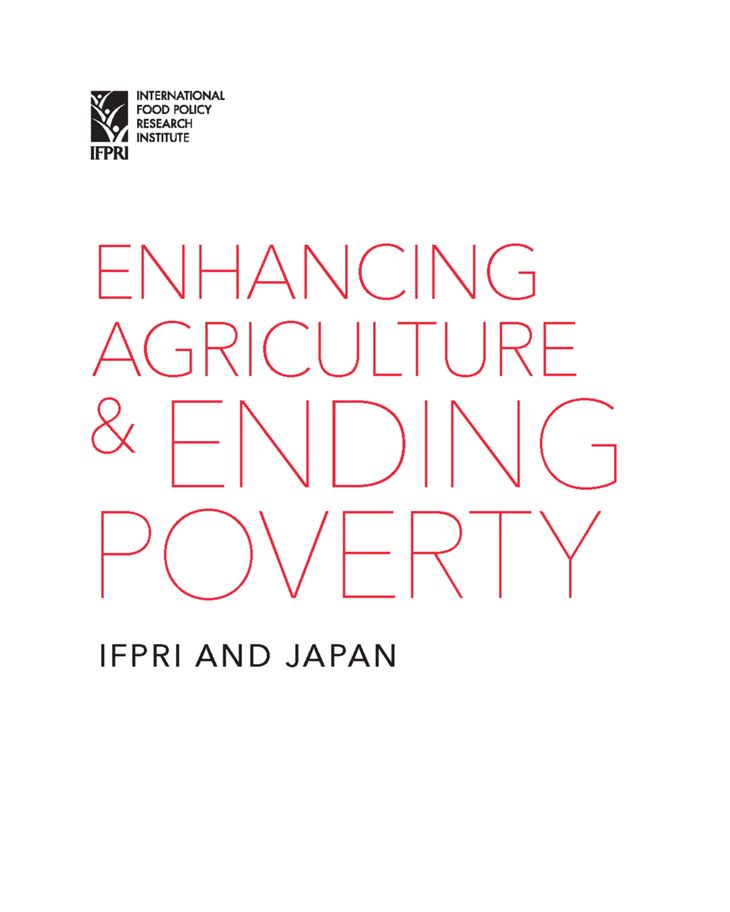
Enhancing agriculture and ending poverty: IFPRI and Japan
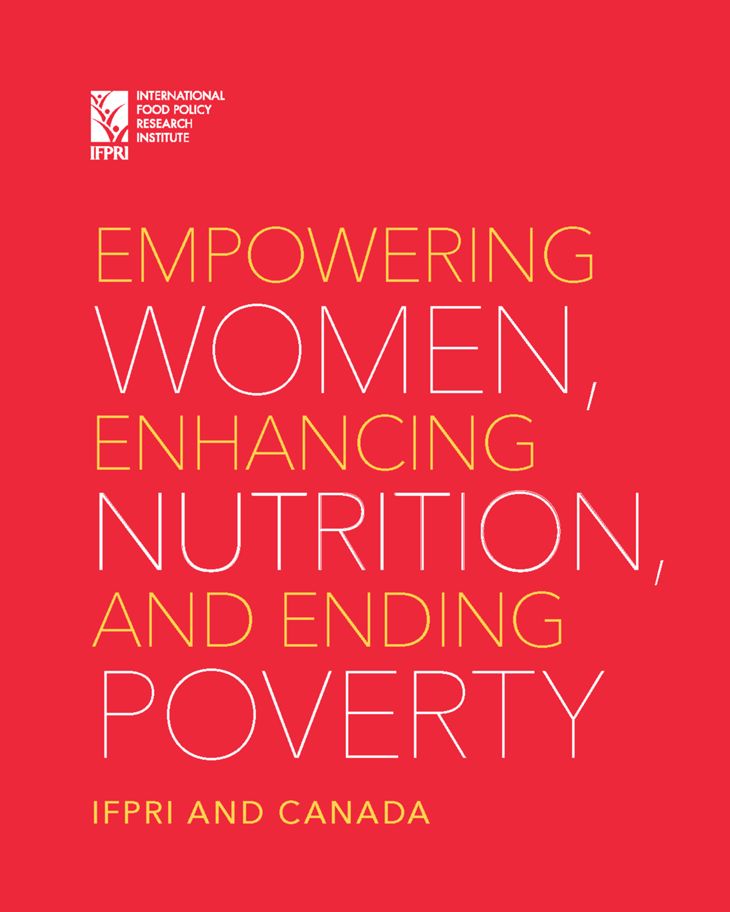
Empowering women, enhancing nutrition, and ending poverty: IFPRI and Canada
Learn more about our donors and partners
Filters
Found 231 Results
-
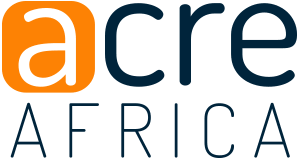
ACRE Kenya
ACRE Africa, the brand name of Agriculture and Climate Risk Enterprise Ltd. (ACRE), links farmers to insurance products so that they can confidently invest in their farms. As of 2017, over 1,000,000 farmers in Kenya, Tanzania and Rwanda were insured through ACRE Africa products. These products varied from crop, livestock and index insurance products to […]
-
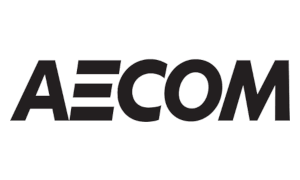
AECOM
AECOM is a private sector organization dedicated to helping clients find new and creative answers to today’s most intricate challenges. Their development work includes delivering clean water to helping governments maintain stability and security. Their team includes experts from many different fields and locations. AECOM is an organization dedicated to providing services to improve the […]
-
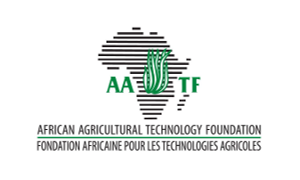
African Agricultural Technology Foundation
The mission of the African Agricultural Technology Foundation (AATF) is to help farmers in need of agriculture support in Sub-Saharan Africa to find the tools and resources to compete in today’s modern agriculture markets. To achieve its mission, AATF promotes new technology, establishes partnerships between institutions and farmers, and much more. A non-profit managed and […]
-
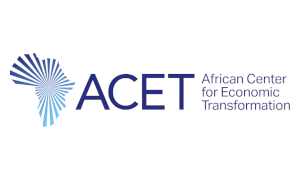
African Center for Economic Transformation
The African Center for Economic Transformation (ACET) is a civil society organization dedicated to strengthening and helping develop African countries. ACET promotes economic development and poverty reduction to improve the lives for people all over Africa. ACET strives to achieve long-term change and growth throughout Africa using tools such as research and sharing of best […]
-
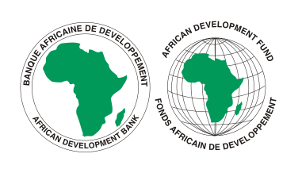
African Development Bank
The mission of the African Development Bank is to help foster economic development and social progress within its regional member countries. This development and progress is encouraged through Bank Groups resources for investments and by offering policy advice and technical assistance to members. Some of their goals include ending poverty, achieving gender equality, and reducing […]
-

African Union
The African Union (AU) is a continental body consisting of the 55 member states that make up the countries of the African Continent. It was officially launched in 2002 as a successor to the Organisation of African Unity (OAU, 1963-1999).
-
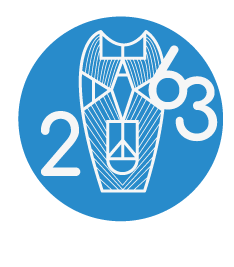
Akademiya2063
AKADEMIYA2063’s overall mission is to create, across Africa and led from Rwanda, state-of-the art technical capacities to support the efforts by the Member States of the African Union to achieve the key goals of the agenda 2063 of transforming national economies to boost growth and prosperity.
-
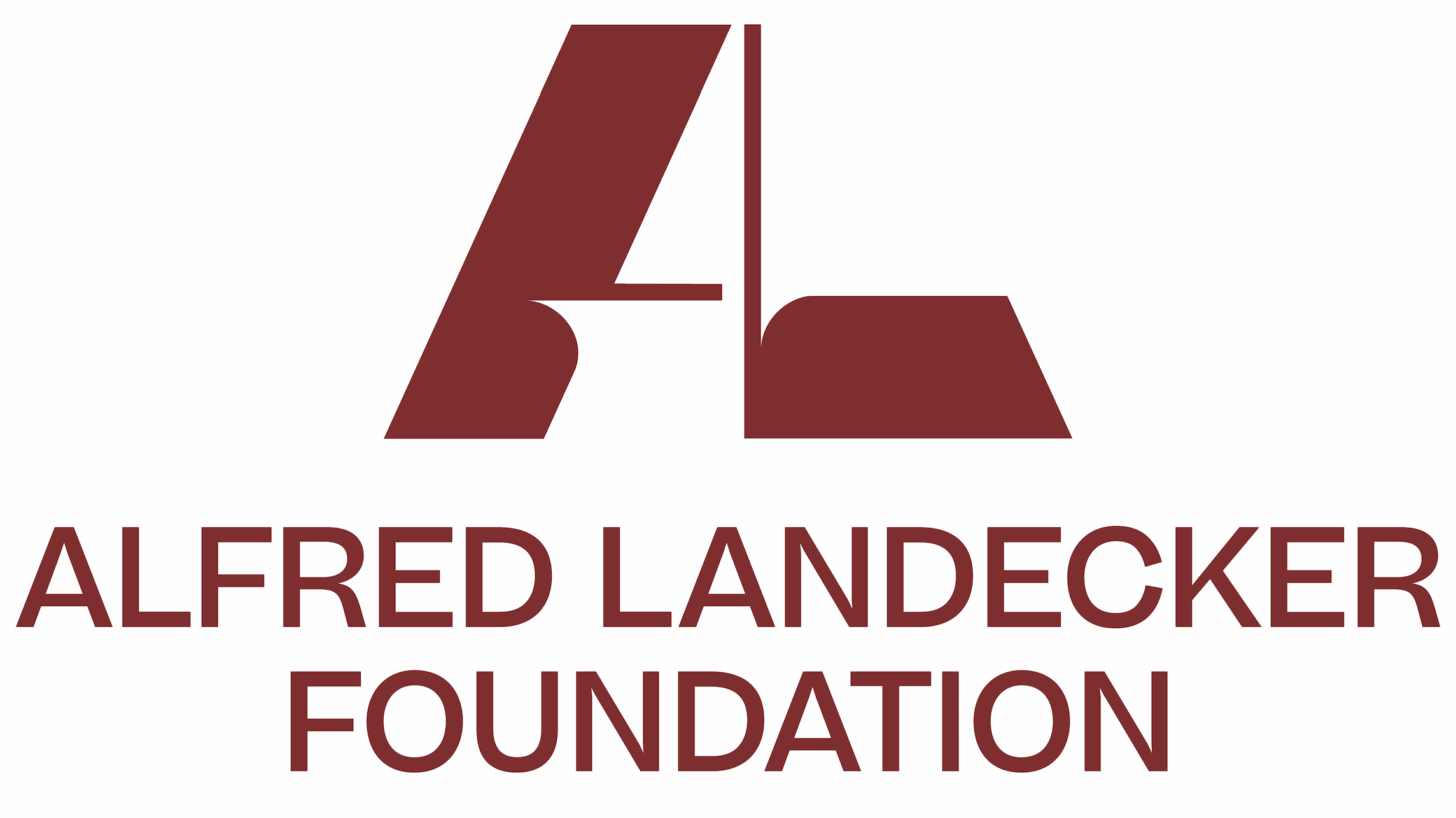
Alfred Landecker Foundation
The Alfred Landecker Foundation is an incubator for democracy in the digital age. The foundation uses technological advancements and comprehensive expertise for an open society, a contemporary remembrance of the Holocaust and other Nazi crimes and the fight against anti-Semitism, racism, and group hatred.






